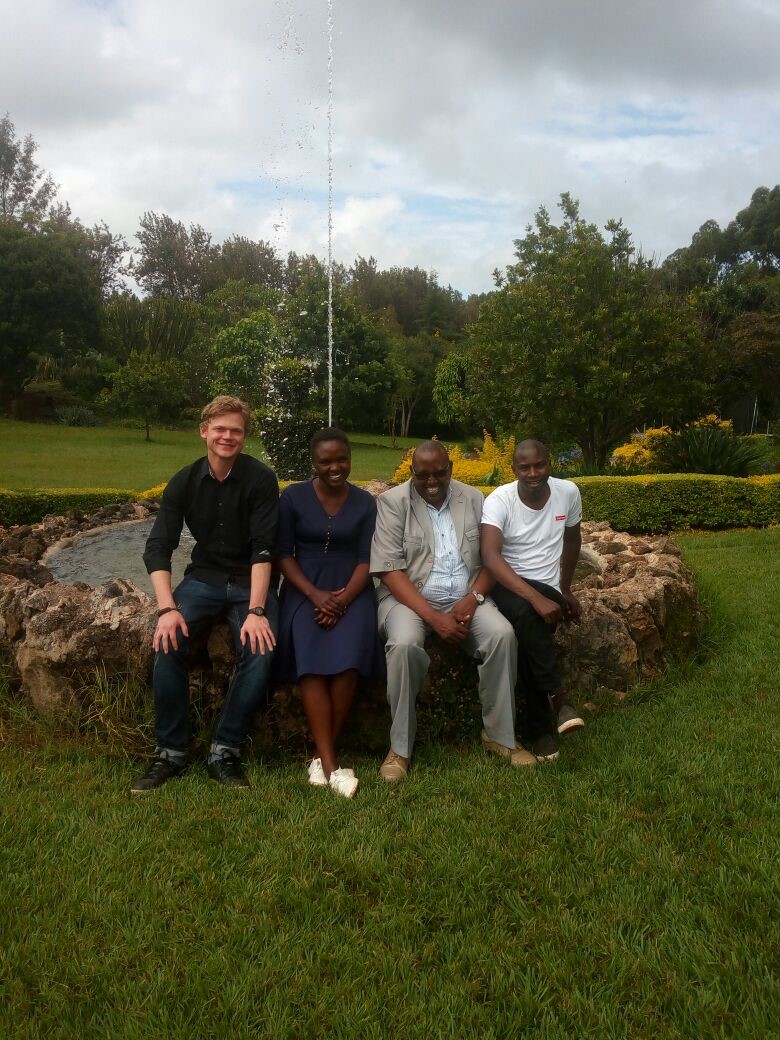FACT in Kenya
05-06-2018An internship blog by Florian Pinkepank
In this blog I am documenting my experience during my Agriterra Internship about the implementation of the Farmers Advocacy Consultation Tool (FACT). The methodology of FACT consists of four pillars, consultation, participatory research, smart proposal writing and stakeholder analysis and is meant to empower farmers to voice their opinions.
In fact, the Kenyan government is supposed to spend 10% of their budget on rural development. However, only 3% is made available. Agriterra believes, that if good and well plans can be delivered, that more money will be spend on Rural Development.
When I arrived in Kenya, Agriterra hold an excellent FACT LIGHT Workshop, facilitated by Niek Thijssen and Stellah Nyagaha in coordination with Tjeerd Rijpma. The outcome of the preparatory workshop were SMART action points on different lobby issues.
After the FACT workshop, Diana Maiyo, the new Intern, and I consulted with representatives of all 34 societies that are attached to Meru Coffee Central Cooperative Mill (MCCCMCU) and Meru Central Coffee Cooperative Union (MCCCU), thanks to Mr. Kiogora and Mr. Munene.
Our next stop was Kipkelion, home of Kipkelion District Coffee Union (KDCU). After Wilfred Chepkwony, Agriterra business advisor, introduced us to everyone and made sure that a work schedule was in place before he left us, we visited a different coffee producing society every other day. In between interviews, transcripts were made and the extracted data was processed into an Excel sheet. In total four societies were issued.

From FACT to a recycling plant
It was a real pleasure to meet the farmers at their homes and enjoy the magnificent view from the hills. We, also, found out that the coffee farmers experience shrinking water tables. Hence, the board of directors and CEO Mr. Too raised the question, why not recycle the water that already has been used in coffee pulping. Moreover, they are concerned with the pollution of the environment due to inadequate discharge of waste water into the rivers. So the idea of a recycling plant has been born for which we hope to get funding from the government. For this very reason, Diana and I collected data from the coffee farmers to validate the issue. We are wondering whether the anticipated problem-solution reflects farmer’s reality.
In times of growing alienation and uncertainty, I think the best chance we have got for lasting peace is to stop being strangers to one and another. Therefore, I am all the more grateful to have had the opportunity to go abroad with Agriterra.
You like to read more blogs, written by interns?
